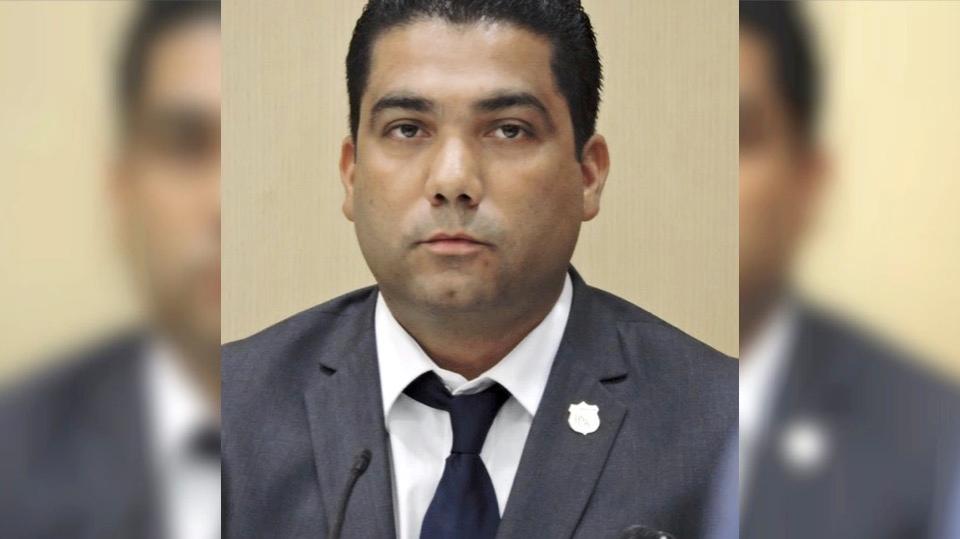Judges at Florida’s Supreme Court have ruled that police officers can invoke the state’s “stand your ground” self-defense law to shield them from criminal prosecution in certain instances of deadly force.
Justices at the state’s highest court ruled unanimously on Thursday, Dec. 13, that law enforcement officers are entitled to immunity from prosecution under the “stand your ground” law, which permits deadly force when a person has a legitimate fear of “imminent death or great bodily harm.”





